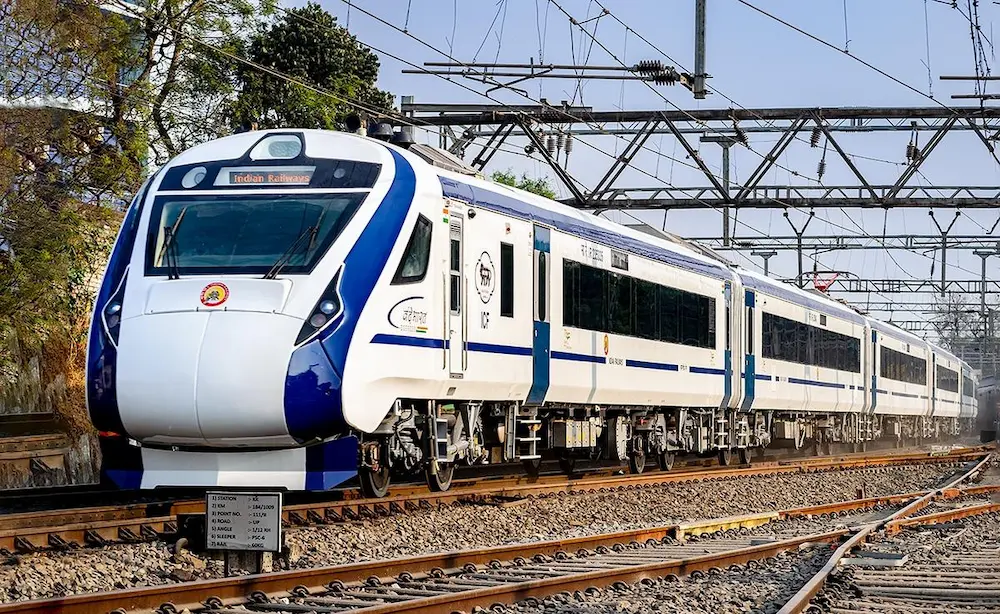
Indian Railways has announced a marginal fare hike effective July 1, 2025, impacting AC and non-AC Mail and Express trains.
A Modest Hike or a Hidden Burden? What the New Fare Structure Means
Fare Hike – In a move aimed at balancing operational costs without overburdening passengers, Indian Railways has announced a marginal increase in ticket fares effective July 1, 2025. The revision applies to AC and non-AC Mail and Express trains, with a hike of 1 paisa per kilometer for non-AC classes and 2 paisa per kilometer for AC classes.
Importantly, the fare hike will not affect suburban trains, Monthly Season Tickets (MST), or ordinary second-class tickets for journeys up to 500 km. For longer second-class journeys, a minimal increase of just half a paisa per kilometer will be applied.
Railway officials have emphasized that the revision is part of a broader effort to manage rising fuel and maintenance costs while continuing to invest in infrastructure and passenger amenities. “This is a calibrated adjustment that won’t create a big hole in passengers’ pockets,” a senior official told The New Indian Express.
Public Pulse: Reactions Range from Acceptance to Frustration
While the fare hike may seem negligible on paper, reactions from commuters have been mixed. Daily travelers and long-distance passengers expressed concern over the cumulative impact of rising travel costs, especially when paired with inflation and fuel price volatility.
“I understand the need for maintenance and upgrades, but even a small hike adds up when you travel frequently,” said Ramesh Kumar, a software engineer who commutes weekly between Delhi and Lucknow.
On the other hand, some passengers welcomed the move, citing improved cleanliness, punctuality, and digital services in recent years. “If the extra paisa means better trains and safer journeys, I’m okay with it,” said Priya Nair, a college student from Mumbai.
Railway unions and transport economists have largely supported the hike, calling it a “necessary evil” to ensure financial sustainability. However, they also urged the government to ensure transparency in how the additional revenue is utilized.
Beyond the Fare Hike: What Else Changes from July 1?
The fare revision isn’t the only change passengers need to prepare for. Indian Railways is also rolling out new rules for Tatkal ticket bookings starting July 1, 2025. Aadhaar-based OTP verification will become mandatory for booking Tatkal tickets online, at counters, and through agents. This move aims to curb misuse and ensure that genuine passengers get priority access.
Additionally, IRCTC-authorized agents will be barred from booking Tatkal tickets during the first 30 minutes of the booking window, giving individual passengers a better chance at securing seats.
These changes, combined with the fare hike, reflect Indian Railways’ broader push toward modernization, transparency, and efficiency. But they also underscore the growing complexity of train travel in India, a system that must balance affordability, accessibility, and innovation for over 23 million daily passengers.
Conclusion:
The July 1 fare hike may be modest, but it marks a significant moment in Indian Railways’ evolving journey. As the nation’s lifeline adapts to economic pressures and digital reforms, passengers are left weighing the cost of progress, one paisa at a time.
Stay updated with the latest news on Rapido Updates. Keep yourself updated with The World, India News, Entertainment, Market, Automobile, Gadgets, Sports, and many more